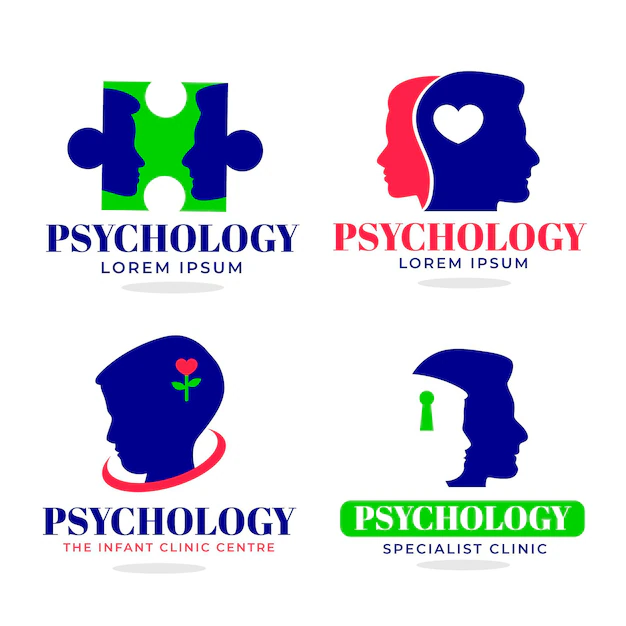Maximizing Human Potential into 5 Human Resource Management Training

Human Resource Management (HRM) plays a pivotal role in shaping organizational culture, fostering employee engagement, and driving business success. As the custodians of an organization’s most valuable asset—its people—HR professionals must possess a diverse skill set and stay abreast of industry best practices. Here, we explore the importance of HRM training and the key areas covered in such programs.

Page Contents
Maximizing Human Potential into 5 Human Resource Management Training
Importance of Human Resource Management Training
HRM training equips professionals with the knowledge, skills, and tools necessary to navigate the complexities of managing human capital effectively. It provides HR practitioners with a solid foundation in HR principles, legal compliance, and strategic workforce planning. By investing in HRM training, organizations can maximize human potential:
- Enhance Employee Engagement: HR professionals learn strategies for fostering a positive work environment, promoting employee well-being, and cultivating a culture of inclusivity and belonging. Engaged employees are more productive, innovative, and committed to organizational success.
- Ensure Legal Compliance: HRM training covers essential legal and regulatory requirements related to employment law, diversity and inclusion, and workplace safety. Compliance with these regulations is crucial for mitigating legal risks and maintaining ethical standards within the organization.
- Optimize Talent Acquisition and Retention: HR professionals learn best practices for recruiting, selecting, and onboarding top talent. They also gain insights into effective retention strategies, such as career development, performance management, and recognition programs, to attract and retain high-performing employees.
- Drive Performance and Development: HRM training equips professionals with tools and techniques for performance management, coaching, and career development. By providing employees with meaningful feedback, opportunities for growth, and tailored development plans, HR professionals contribute to individual and organizational success.
- Support Organizational Strategy: HR professionals play a strategic role in aligning HR initiatives with organizational goals and objectives. Training in strategic workforce planning, succession planning, and talent management enables HR professionals to anticipate future talent needs and develop strategies to support business growth and innovation.

Risk Management: Compliance with labor laws and regulations is paramount for organizations to avoid legal issues and mitigate risks. HR training programs provide professionals with knowledge of labor laws, employment regulations, and best practices for ensuring compliance and minimizing legal liabilities.
Organizational Development and Change Management: As organizations evolve, HR plays a crucial role in managing change and fostering a culture of adaptability and innovation. HR training programs provide professionals with change management strategies, organizational development techniques, and leadership skills to facilitate smooth transitions and drive organizational growth.
4 Key Areas Covered in HR Management Training
- HR Fundamentals: HRM training typically begins with an overview of fundamental HR concepts, including recruitment, selection, onboarding, performance management, compensation, and benefits administration.
- Employment Law and Compliance: HR professionals learn about relevant employment laws and regulations, including those related to discrimination, harassment, wage and hour laws, and workplace safety. Training in compliance ensures HR professionals understand their legal obligations and can mitigate legal risks.
- Employee Relations: HRM training covers strategies for managing employee relations, resolving conflicts, and fostering a positive work environment. HR professionals learn effective communication techniques, conflict resolution skills, and strategies for promoting diversity and inclusion.
- Talent Management: HRM training includes modules on talent acquisition, development, and retention. HR professionals learn best practices for sourcing and recruiting top talent, designing training and development programs, and implementing performance management systems.
4 Impact on Organizational Performance
Investing in HR management training yields numerous benefits for organizations, including:
- Improved Talent Acquisition and Retention: Equipped with enhanced skills and knowledge, HR professionals can attract top talent, reduce turnover, and create a positive employer brand.
- Enhanced Employee Engagement: HR professionals trained in engagement strategies can boost employee morale, productivity, and satisfaction, leading to higher levels of organizational performance.
- Efficient Compliance and Risk Management: Knowledge of labor laws and regulations enables HR professionals to ensure compliance, mitigate risks, and protect the organization from legal liabilities.
- Effective Change Management: HR professionals trained in change management techniques can navigate organizational transitions effectively, minimize resistance, and facilitate successful change initiatives.
Conclusion
Human Resource Management training is essential for equipping HR professionals with the knowledge, skills, and tools necessary to excel in their roles and drive organizational success. By investing in HR management training, organizations can enhance talent acquisition and retention, improve employee engagement, ensure legal compliance, and facilitate effective change management. Ultimately, HR professionals trained in strategic HR practices contribute to the overall performance and success of the organization in today’s competitive business landscape.







